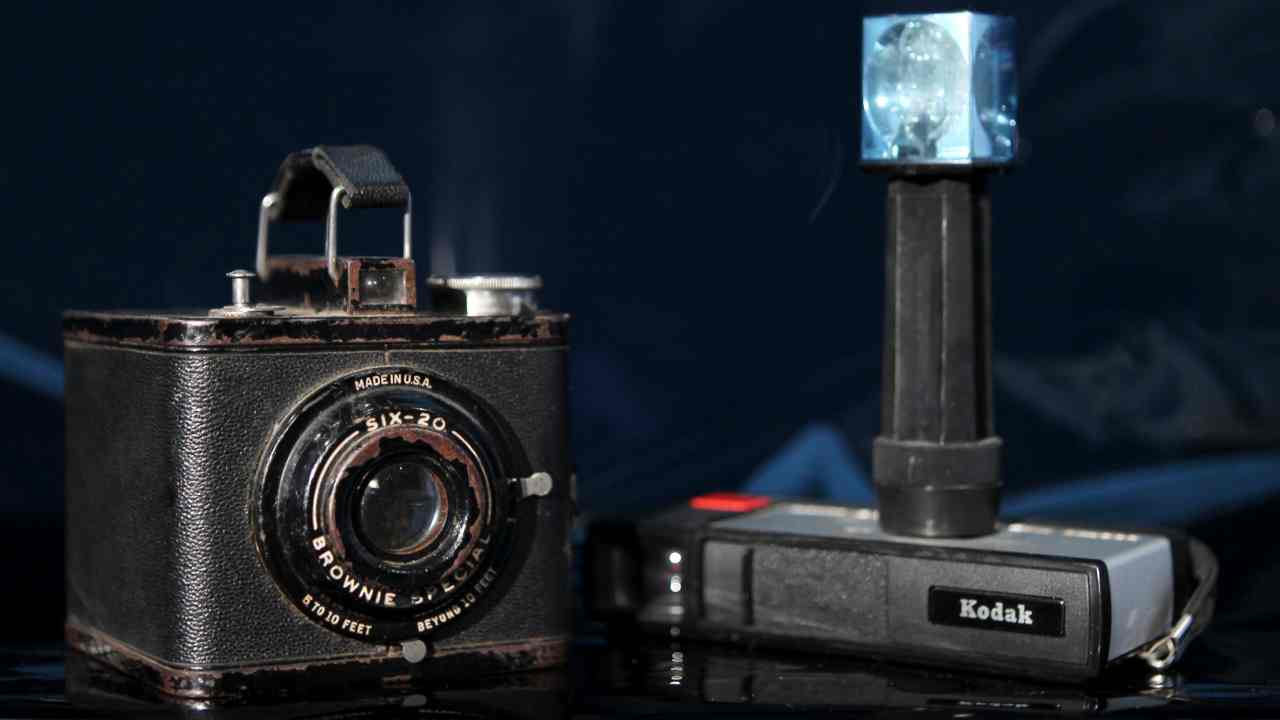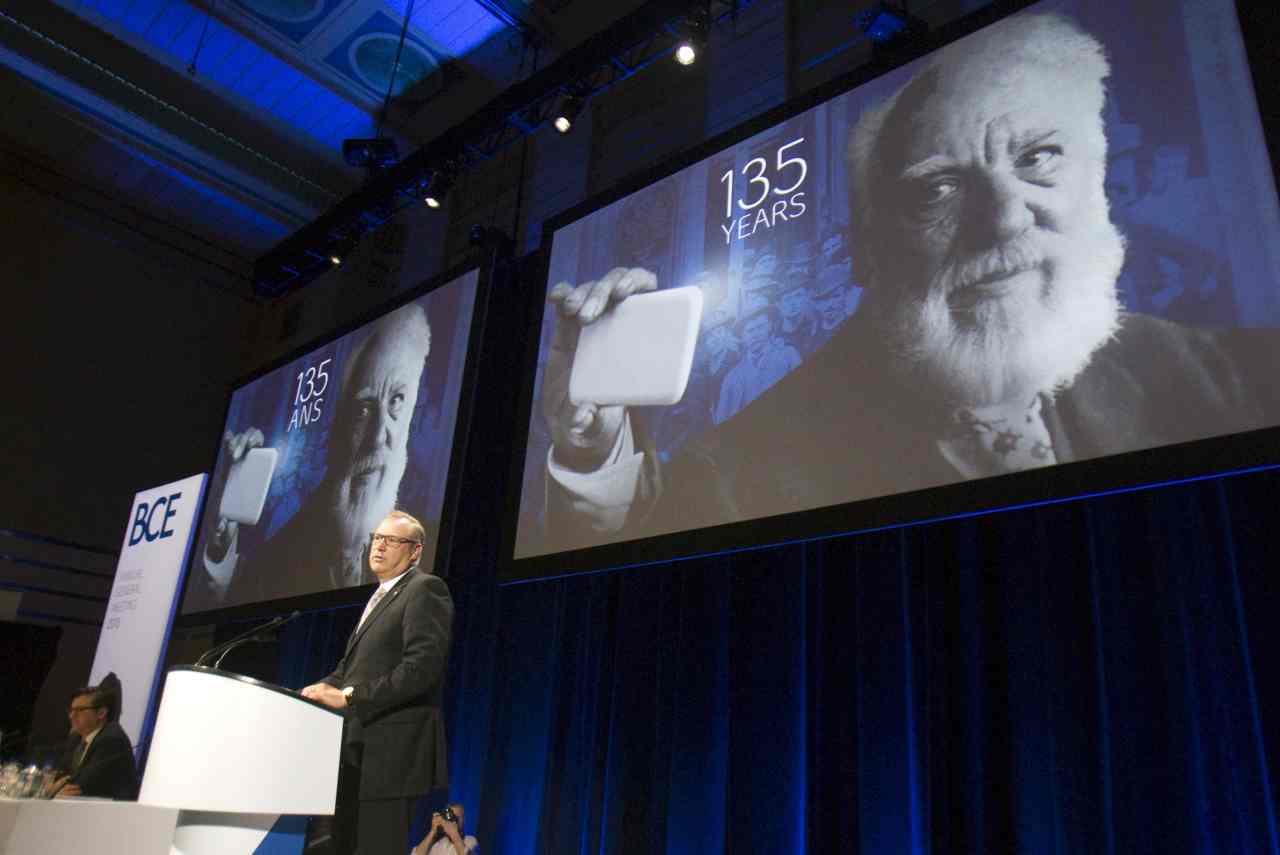Missed opportunities: 9 poor business decisions that would have changed history

Microsoft made Yahoo an offer of a lifetime | In 2008, Redmond-headquartered Microsoft sought to acquire Yahoo, who was treading the high waters with services including Yahoo Mail, Search, Finance among others, for a whopping $45 billion. The Gates-backed company proposed to purchase all shares of Yahoo at a 62 percent premium from their stock’s closing price at the time. Needless to say, Yahoo denied the offer. Fast forward eight years and Yahoo sold its core internet operations and land holdings to Verizon Communications for a mere $4.8 billion. – Source: The Ladders (Image: Reuters)
AOL & Time Warner merger | In January 2000, the largest merger in American business history was announced when America Online (AOL) joined hands with Time Warner in a deal collectively valued at $350 billion. The merger was set to vaporise mainstream media business models with the power of the internet. However, it left behind a decade-long trail which included decimation of retirement accounts, investigations by the Justice Department and the Securities and Exchange Commission, loss of countless jobs among others. The two companies parted ways in December 2009. Today, the combined market cap of the two separated companies is about one-fifth of their worth on the day of the merger. – Source: The New York Times. (Image: Reuters)
Kodak revolutionised camera game, but didn’t go digital | Kodak’s biggest failure came on the heels of its greatest creation – the digital camera. In a New York Times article, Steve Sasson, the Kodak engineer who invented the first digital camera in 1975, described the corporate response to his creation as, “But it was filmless photography, so management’s reaction was, that’s cute—but don’t tell anyone about it.” In 2007, they did decide to venture in the now well established digital market with a Kodak “wasn’t going to play grab a** anymore” campaign. However, the company’s inability to recognise digital photography as a disruptive technology for decades paved the way for its bankruptcy in 2012. Even today, Kodak largely focuses on manufacturing ink cartridges and photo paper. – Source: Forbes. (Image: Reuters)
Blockbuster blocked the Netflix deal | In 2000, when Reed Hastings offered his new startup Netflix for $50 million to the American-based home movie and video game provider, Blockbuster, CEO John Antioco wrote off the proposition as a “very small niche business”. The words haunt him to this day as Netflix today is worth $141.9 billion, while Blockbuster ceased operations in 2013. – Source: Business Insider (Image: Reuters)
Western Union thought telegram was the way to go | Back in the late 1800s, Western Union with its renowned telegram service was ruling the telecommunications industry. In 1876, they were approached by Alexander Graham Bell, who had recently invented and patented the first telephone. Bell and his cohorts offered to sell the patents to Western Union for $100,000, but they said no, believing that the public would never choose telephones over telegram. After realising their blunder, they hired Thomas Edison to recreate the telephone. This resulted in a lengthy lawsuit, which settled with Western Union agreeing to pull out of the telephone market. Bell went on to pioneer the industry, as his broken up “Baby Bells” including AT&T, Alcatel-Lucent, Verizon and Qwest continue to drive the American telecom market. – Source: The Guardian. (Image: Reuters)
Motorola waited too long | With a worldwide market share of 22 percent, Motorola was one of the biggest mobile phone manufacturers in the mid-2000s. However, their lack of interest or complacency in entering the smartphone market (not manufacturing one until 2010), came in as a major blow. Shares of the company plunged from $72 in February 2006 to $12 three years later. After suffering a loss of $4.3 billion between 2007 and 2009, the company disjointed into two separate autonomous companies, Motorola Mobility and Motorola Solutions in 2011. – Source: Finance Monthly. (Image: Reuters)
The man who sold the golden Apple for pocket change | There is a reason why little is known about the third co-founder of Apple, Ronald Wayne. The third wheel of the now trillion dollar company was brought in as an adult supervisor by Steve Jobs and Steve Wozniak, who were 25 and 21 at the time. Wayne is believed to have drafted the first agreement and designed the first logo of the company. However, after realising that the financial burden if the company fails would fall on him, as the two Steves were broke, he decided to part ways, selling his 10 percent shares back to his co-founders for $800. Today, 10 percent stake in Apple would be worth more than $100 billion. – Source: CNBC (Image: Reuters)
Electronic Data System giving on Microsoft | American business magnate Ross Perot made his fortune creating computing systems, which he sold to bigwigs such as General Electric and Dell for billions of dollars. However, he would forever be recognised as the man who turned down Microsoft. In 1979, Perot was running Electronic Data Systems (EDS), an American IT company that was worth around $1 billion at the time. Looking to expand his empire, Perot decided to invest in some small IT firms and that is when he first came across Microsoft and its 23-year-old co-founder Bill Gates. However, EDS refused to meet the $40-$60 million valuation of Microsoft. The tech giant is now one of the biggest companies in the world and Gates is globally the second richest man. – Source: The Ladders (Image: Reuters)
[“source=cnbc”]












